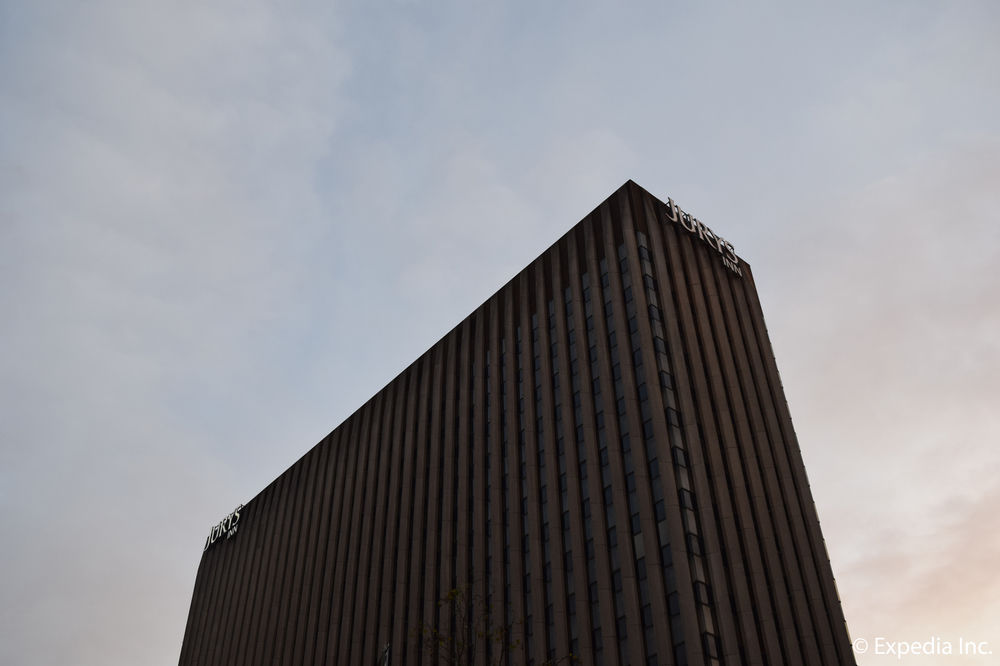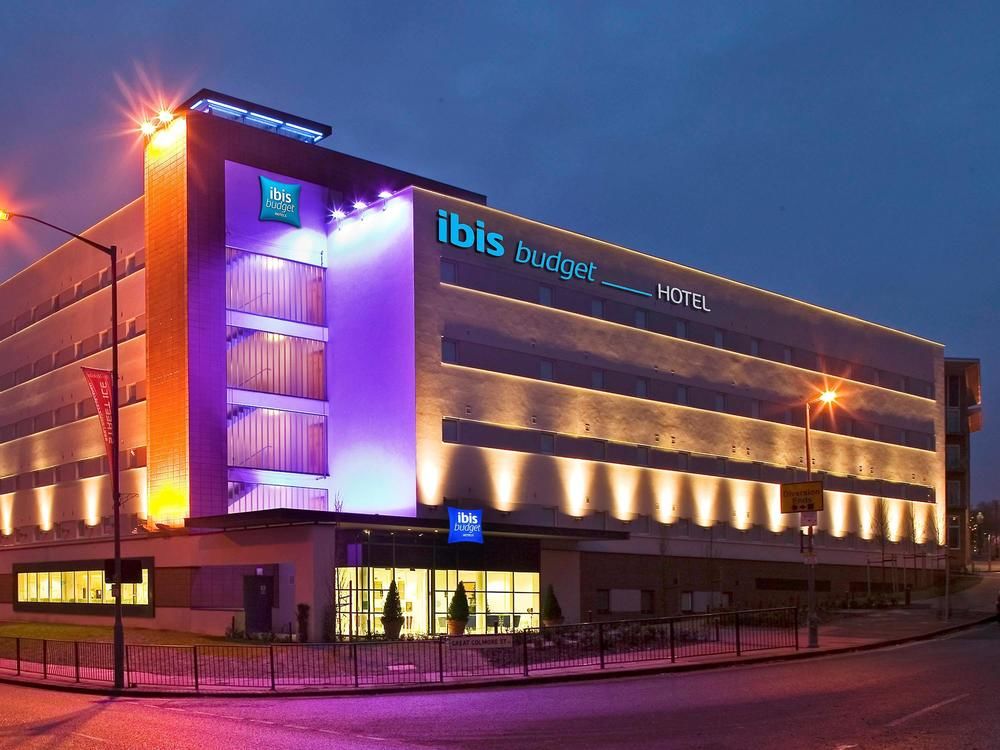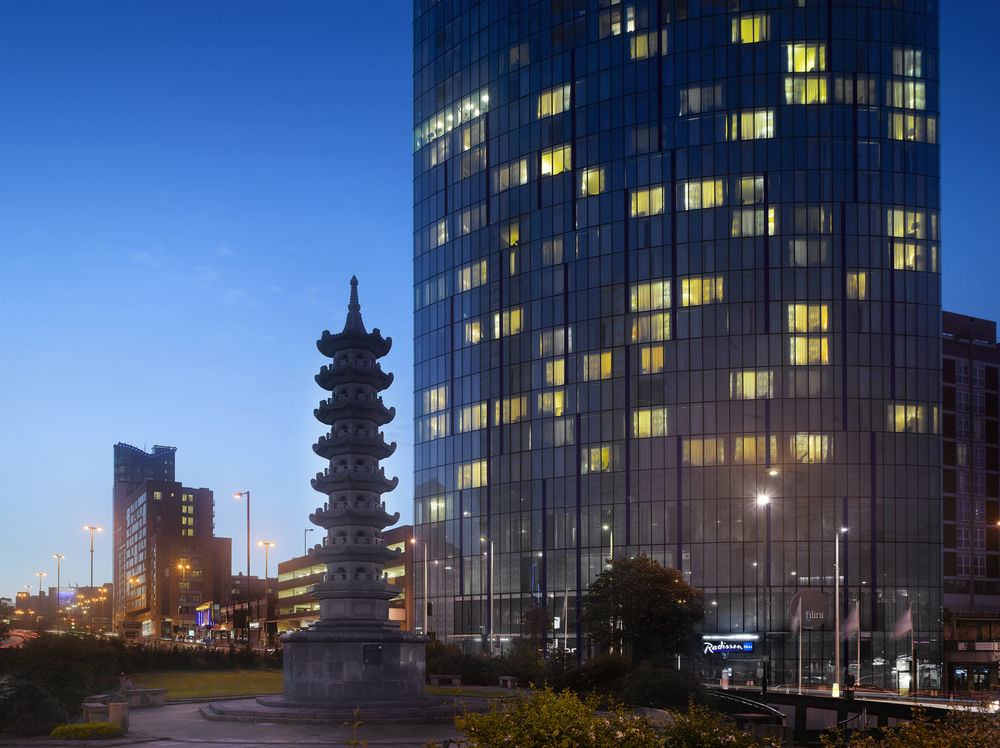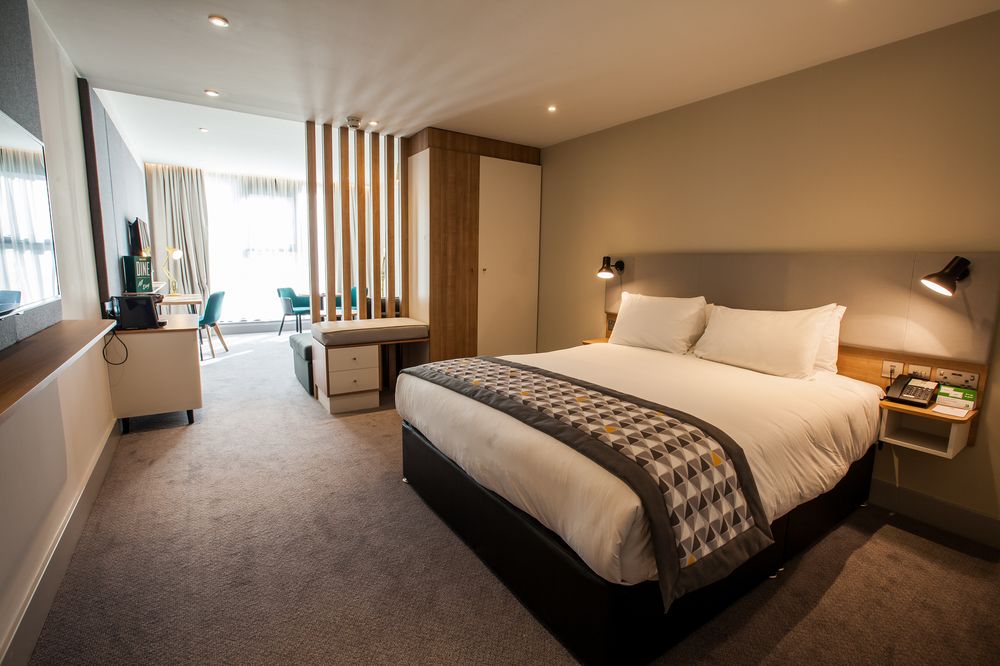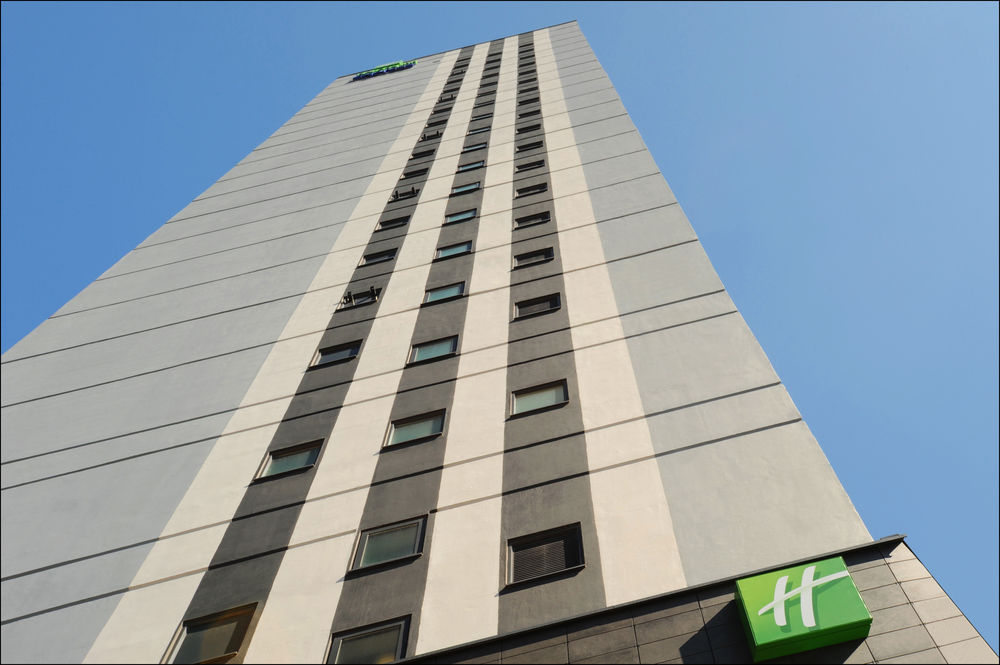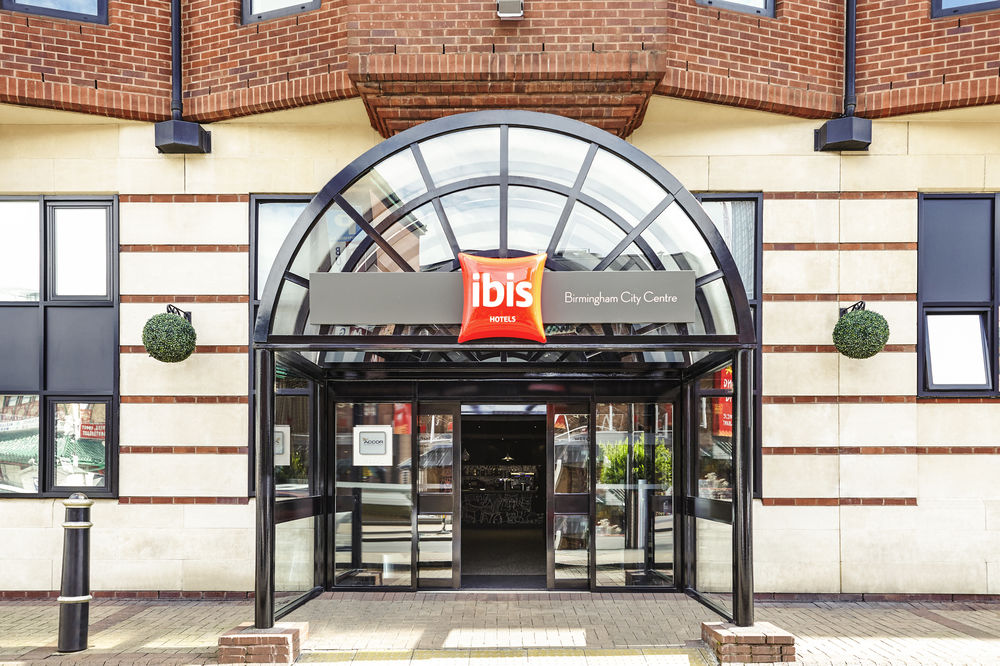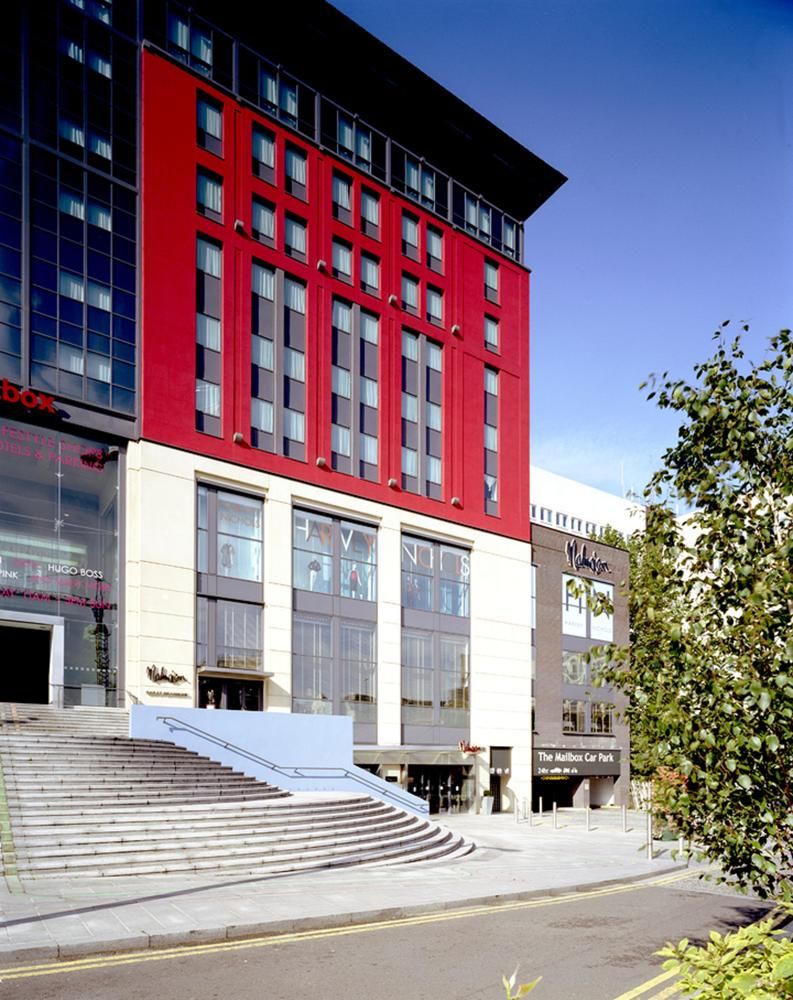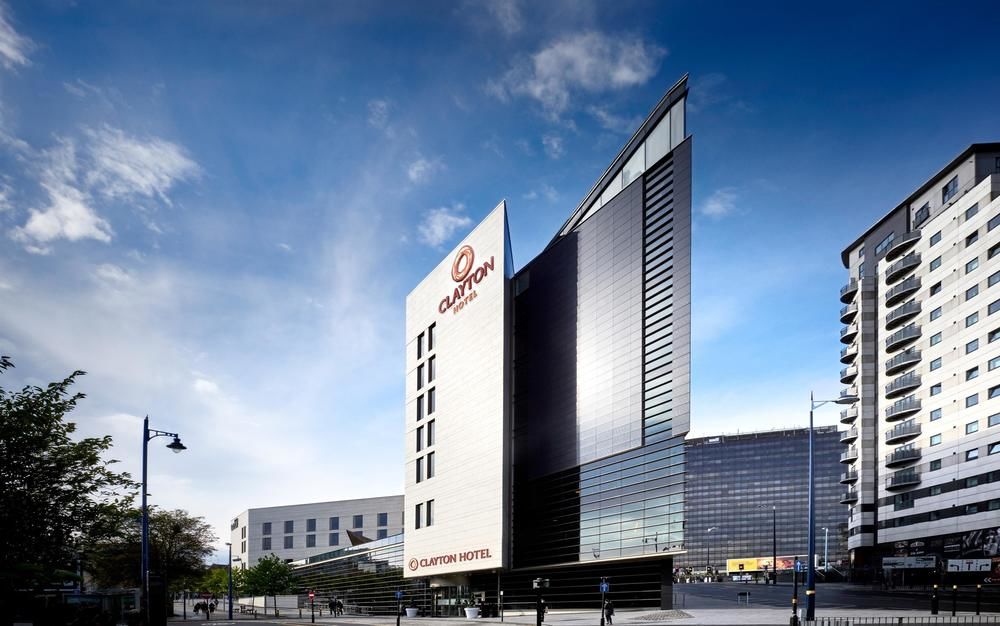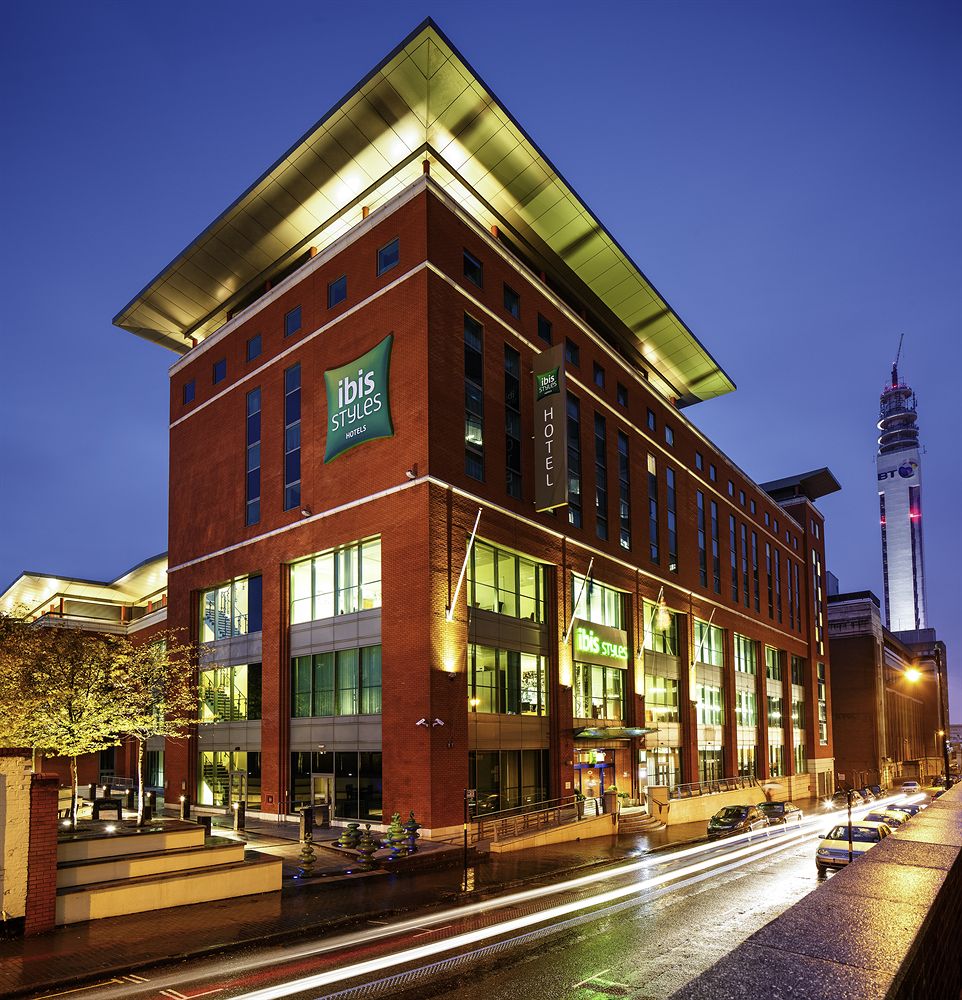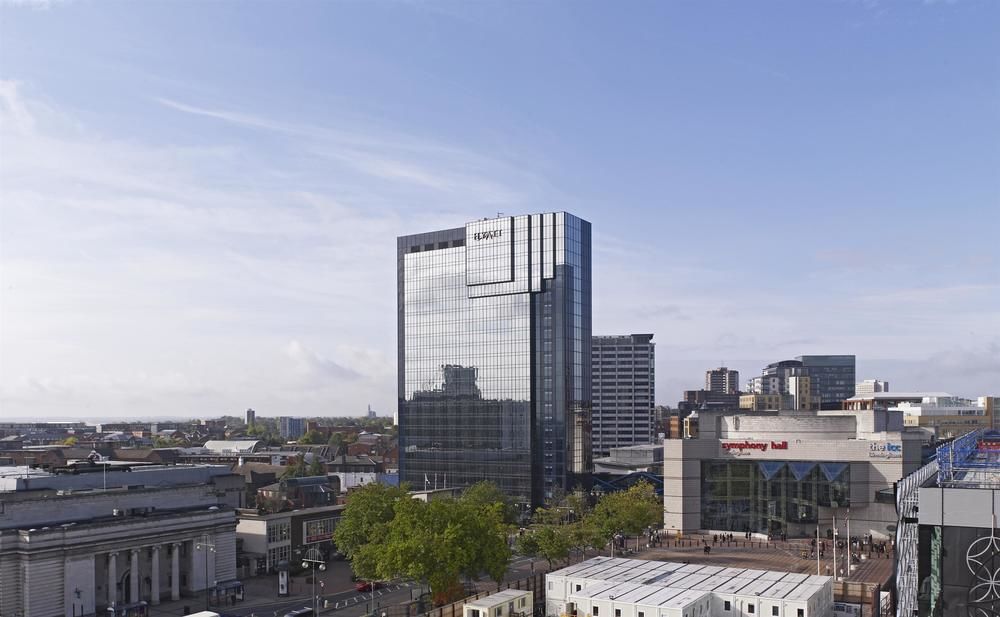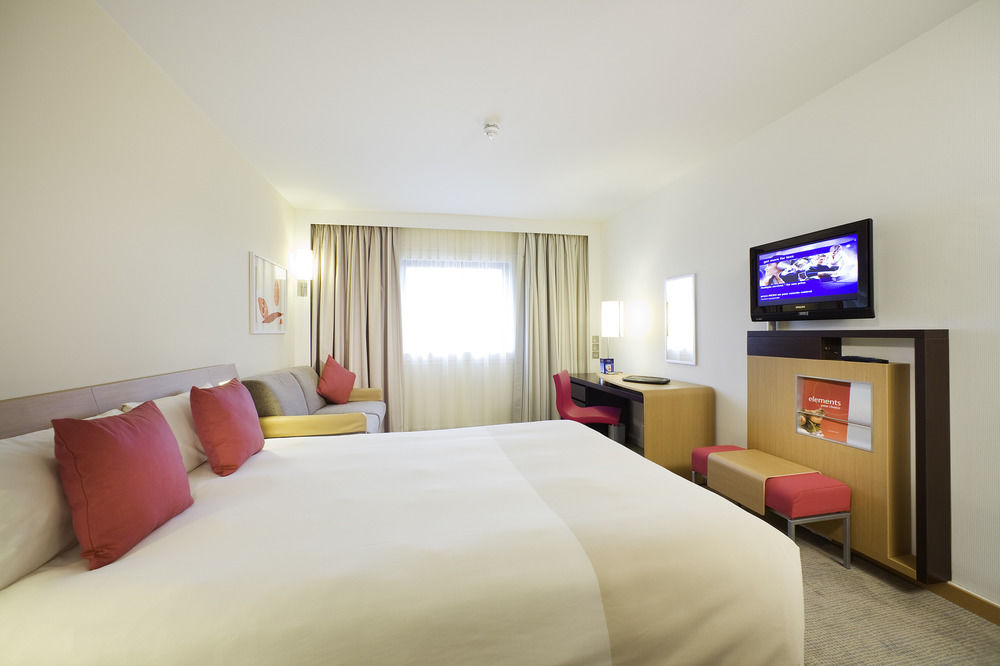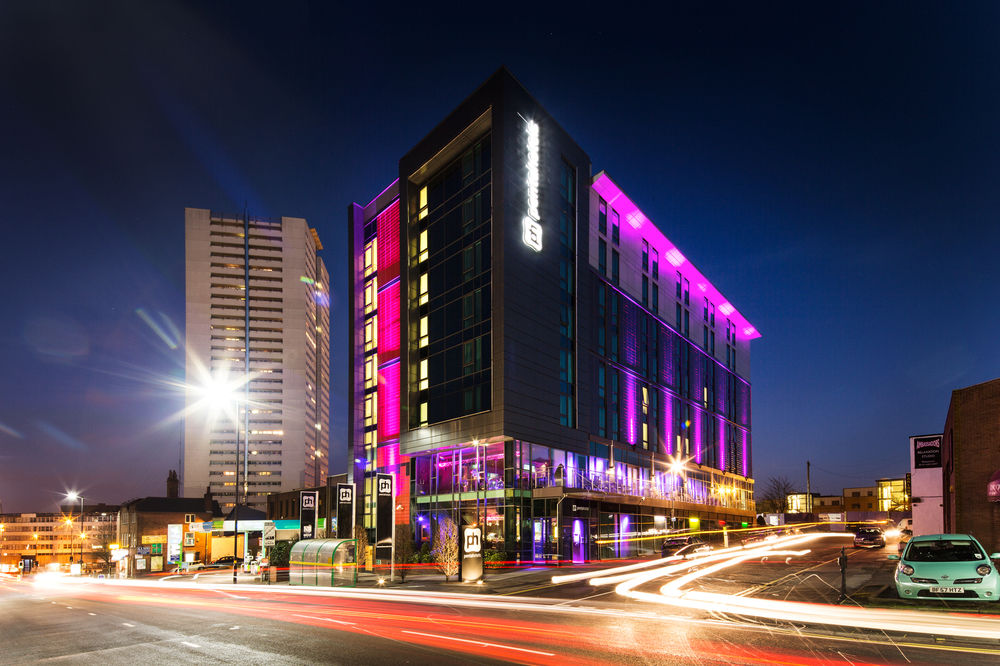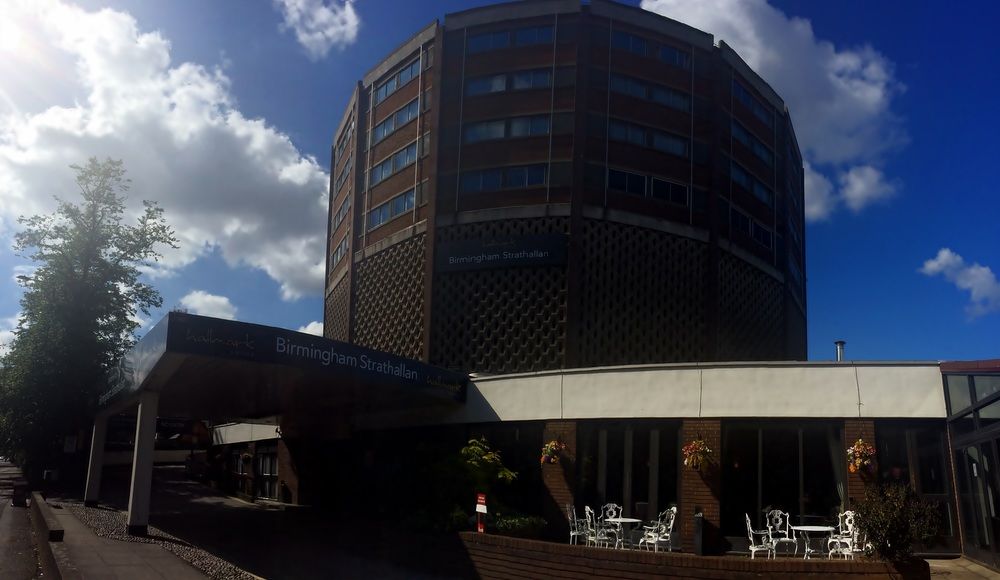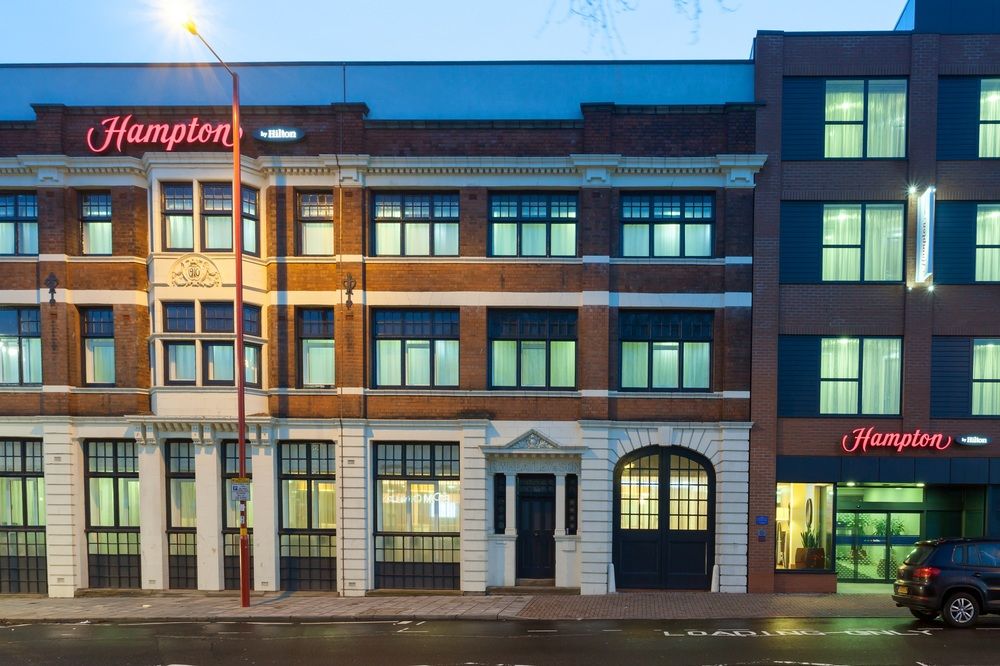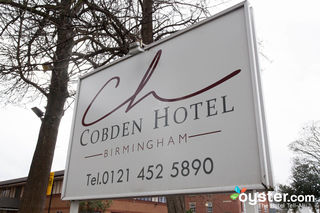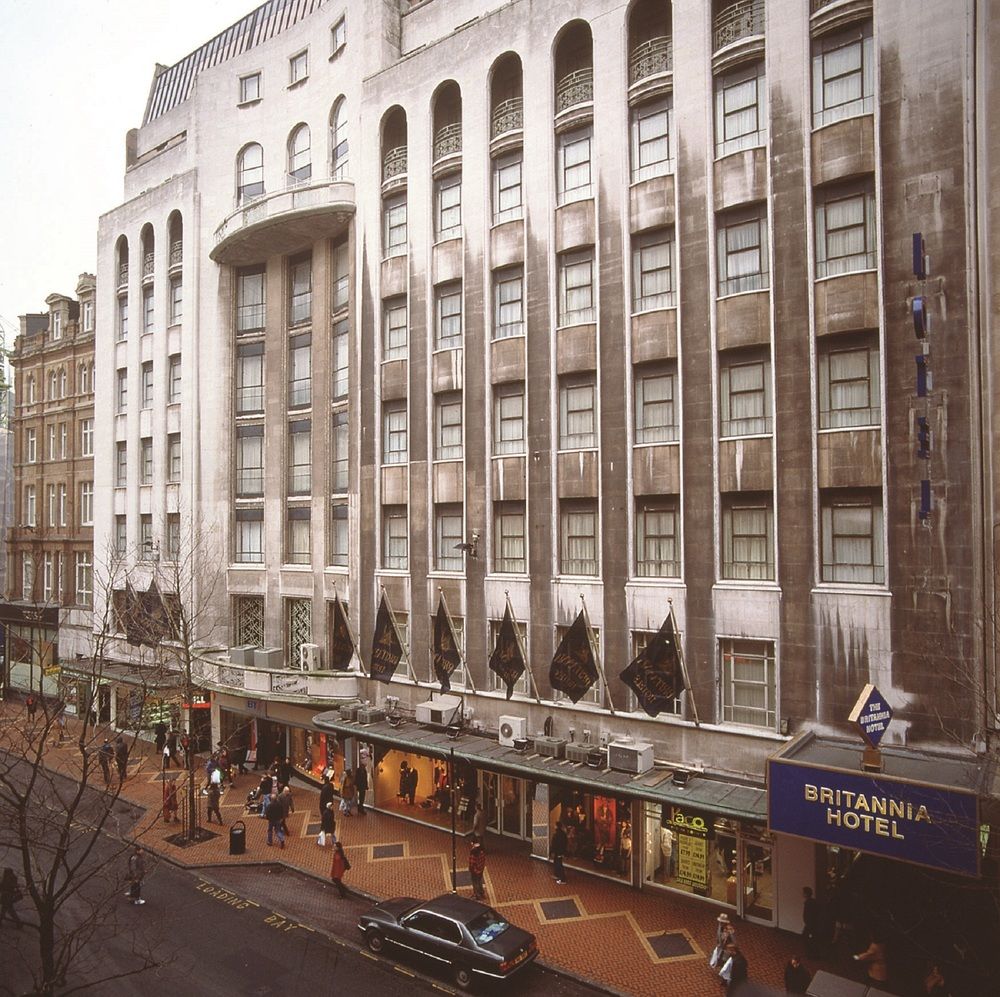
バーミンガムホテル検索結果
AIが見つけた軒のホテルの最安値をご覧ください。
ベストホテル
最安値のホテル
ホテル等級
AIおすすめ
バーミンガムベストホテル
バーミンガム 最低価格のホテル
最高評価のホテル
バーミンガムにある5つ星ホテル
バーミンガムにある4つ星ホテル
バーミンガムにある3つ星ホテル
AIがおすすめする世界の旅行先
バーミンガム近くのホテル情報
バーミンガム 旅行に欠かせない情報
“World's first industrialized city”
Birmingham ( ( listen), locally also: ) is the second-most populous city in the United Kingdom, after London, and the most populous city in the English Midlands. With an estimated population of 1,137,100 as of 2017, Birmingham is the cultural, social, financial and commercial centre of the Midlands. It is the main centre of the West Midlands conurbation, which is the third most populated urban area in the United Kingdom, with a population in 2011 of 2,440,986. The wider Birmingham metropolitan area is the second largest in the United Kingdom with a population of over 3.7 million. Birmingham is frequently referred to as the United Kingdom's “second city”.A market town in the medieval period, Birmingham grew in the 18th century Midlands Enlightenment and subsequent Industrial Revolution, which saw advances in science, technology, and economic development, producing a series of innovations that laid many of the foundations of modern industrial society. By 1791 it was being hailed as "the first manufacturing town in the world". Birmingham's distinctive economic profile, with thousands of small workshops practising a wide variety of specialised and highly skilled trades, encouraged exceptional levels of creativity and innovation and provided an economic base for prosperity that was to last into the final quarter of the 20th century. The Watt steam engine was invented in Birmingham.The resulting high level of social mobility also fostered a culture of political radicalism which, under leaders from Thomas Attwood to Joseph Chamberlain, was to give it a political influence unparalleled in Britain outside London, and a pivotal role in the development of British democracy. From the summer of 1940 to the spring of 1943, Birmingham was bombed heavily by the German Luftwaffe in what is known as the Birmingham Blitz. The damage done to the city's infrastructure, in addition to a deliberate policy of demolition and new building by planners, led to extensive urban regeneration in
 時間 UTC+01
時間 UTC+01 通貨 GBP
通貨 GBP 言語 English, Welsh, Scots Gaelic
言語 English, Welsh, Scots GaelicStaypiaだけの特別な特典
リアルタイムホテル最安値比較
AIが見つけたin バーミンガムの軒のホテルのリアルタイム最安値を簡単に比較検索できます。
316万軒のホテルを最安値で予約
最低価格に最大31%追加メンバーシップ割引でさらにお得にご予約いただけます。
自分だけの
AIがリアルタイムで更新するバーミンガム旅行情報で便利に旅行を準備しましょう。
よくある質問
バーミンガムで最も人気のある5つ星ホテルはBirmingham Serviced Apartment-Rotundaです。 バーミンガム 評価順にホテルを見る
バーミンガムで最も評価の高いホテルはLeonardo Royal Hotel Birmingham, Radisson Blu Hotel Birmingham, Malmaison Birminghamです。
一般的なホテルの場合、客室予約はキャンセル締切日前まで無料返金が可能です。キャンセル締切日以降は手数料が発生する場合がありますので、ホテルバウチャーまたはメニュー>マイ予約でキャンセル締切日をご確認ください。
ステピアでは、AIが収集した316万件のホテルの最安値はもちろん、会員限定の追加割引価格で人気ホテルを予約することができます。

